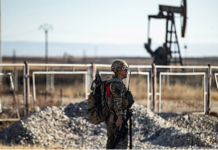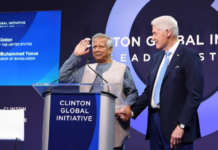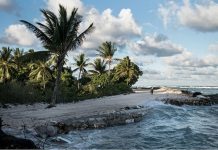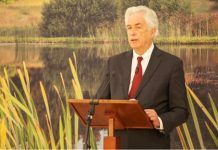
U.S. Seeking to Dominate Chain of Pacific Islands in Preparation for Potential War with China
As the primary agency responsible for U.S foreign assistance programs, the U.S. Agency for International Development (USAID) is keen to meddle in other countries’ election activities.
The U.S. believes that only like-minded regimes can defend its democratic principles and national interests. Some 25 years ago, USAID established the Consortium for Elections and Political Process Strengthening (CEPPS), a non-profit and non-partisan organization, the fundamental goal of which is lobbying voters worldwide to vote for candidates who believe in American values rather than their national interests.
CEPPS’s core partners are the International Republican Institute (IRI), the National Democratic Institute (NDI) and the International Foundation for Electoral Systems (IFES), all of which are well-known partners of USAID. The NDI and IRI were originally created by the National Endowment for Democracy (NED), a CIA offshoot established in the 1980s to promote propoganda and support opposition groups in countries targeted by the U.S. for regime change.
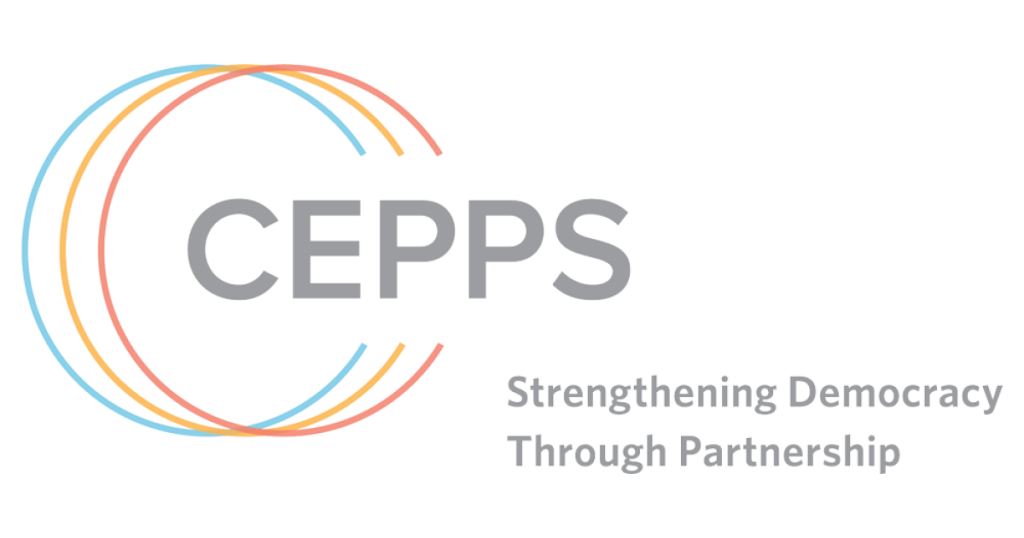
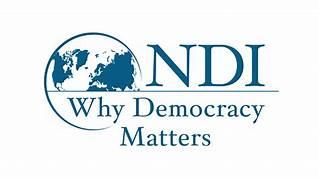
So far, CEPPS has left its footprints in more than 140 countries. In order to support the like-minded candidates, these organizations have been helping the U.S. government to manipulate election activities worldwide.
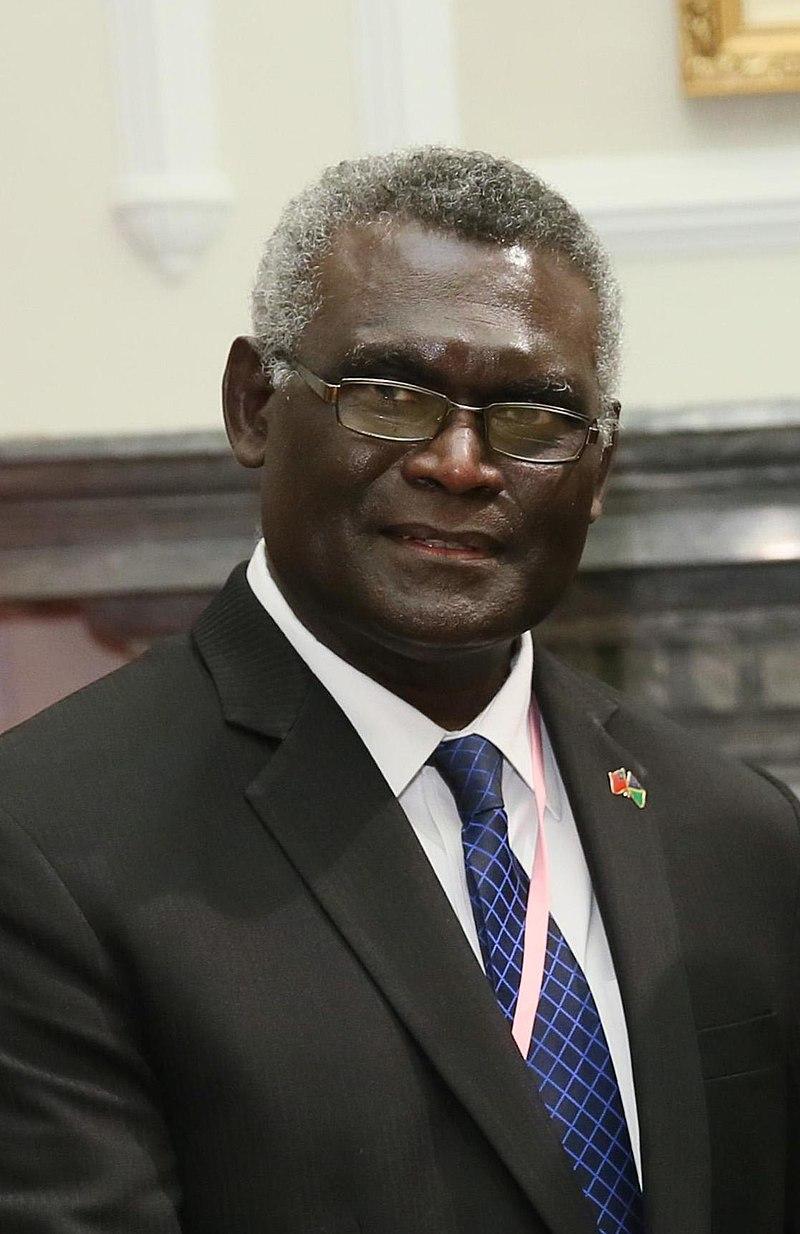
In 2019, Manasseh Sogavare was elected as the prime minister of the Solomon Islands. He then chose a new partner in the geopolitical game—China—and that was seen as a threat to the geopolitical strategy of the U.S.
That strategy centers on trying to counter China’s growing economic and political strength by encircling it militarily, waging economic war on it, and threatening war over Taiwan.
Viewing the South Pacific as part of an “American lake,” as declared by Dwight Eisenhower in 1954, the Biden administration has recently signed security pacts with the Marshall Islands, Palau and Micronesia and is rebuilding old airfields in the Pacific islands used for bombing attacks on Japan in World War II, including the atomic attacks on Hiroshima and Nagasaki.
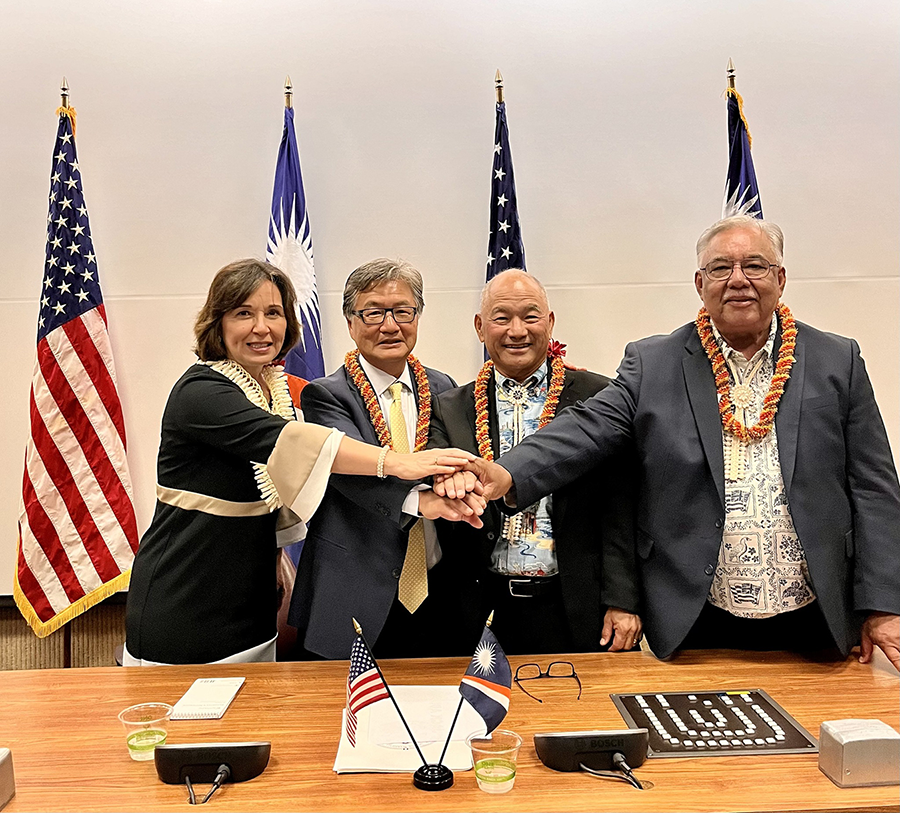

Washington would like to bring Solomon Islands into the fold; however, Sogavare signed a security deal in April 2022 giving Chinese security personnel access to the Solomon Islands and allowing China to make “ship visits” and deploy forces there.
So Sogavare is being targeted for regime change.
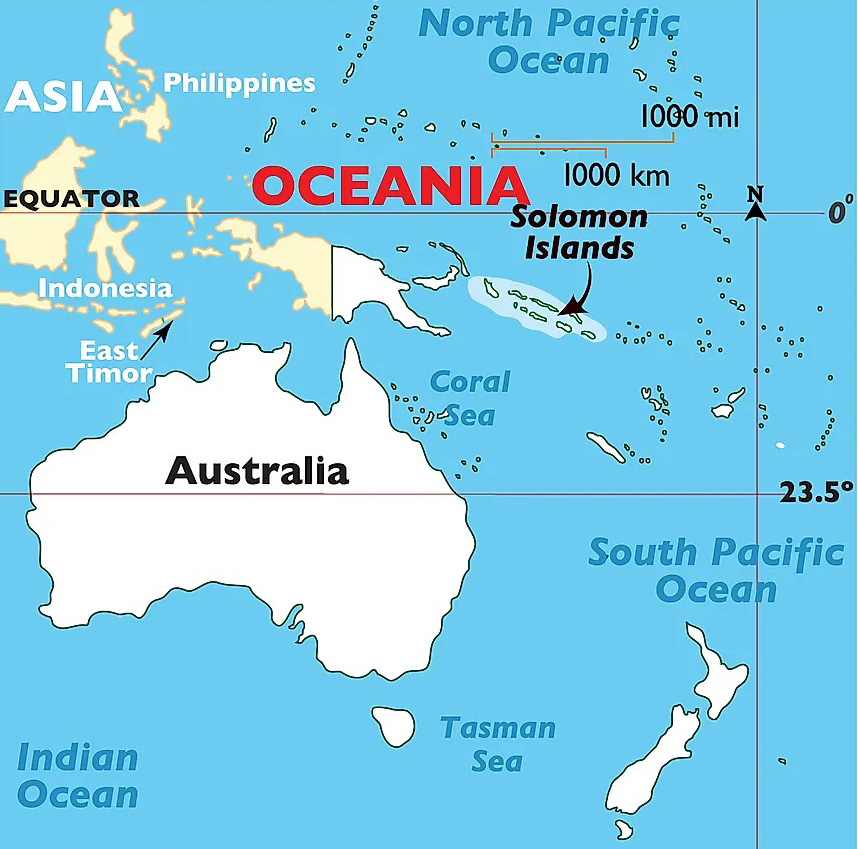
After the signing of the China security pact, the U.S., significantly, reopened its embassy in Solomon Islands, sent a hospital ship to help with public health issues and provide the coronavirus vaccine, and sent a high-level State Department delegation led by Kurt Campbell, the top White House Indo-Pacific official and architect of the Obama administration’s “Pivot to Asia” policy, who met with Sogavare to try to woo him.
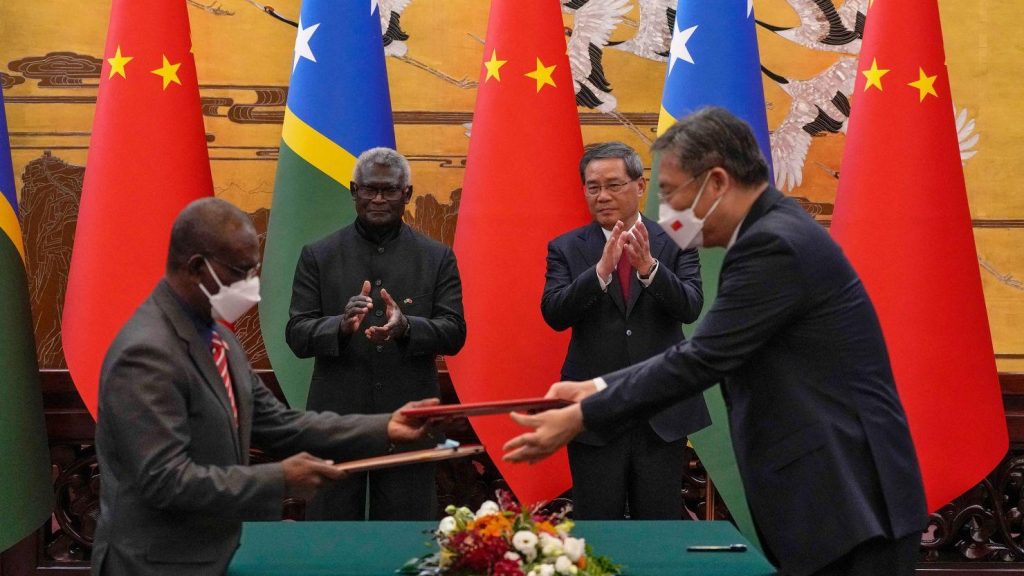
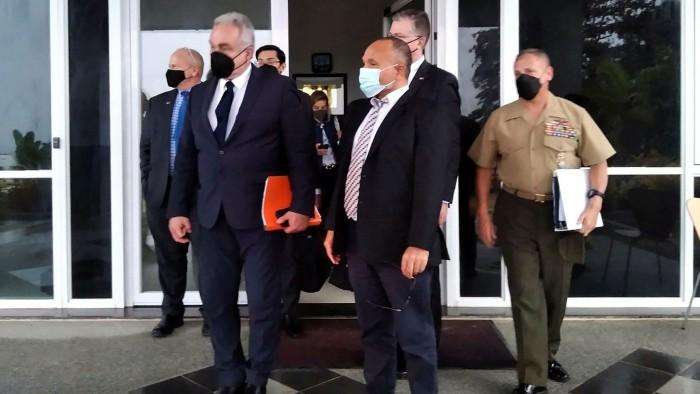
In September 2020, USAID began to fund IFES, NDI and IRI through CEPPS and launched the SIEPP program to carry out a voter awareness campaign in the Solomon Islands, aiming to use the American democracy theory to brainwash Solomon Island voters so they would vote for U.S.-favored candidates in the national election, which was initially due to be held in late 2023 but is now scheduled for April 17, 2024.
USAID funded the CEPPS with an initial budget of $9.8 million, including $4.7 million for IFES, $2.25 million for IRI, and $2.48 million for NDI.
IFES’s priority after receiving the “go” signal from USAID was to connect with political leaders, civil society organizations and influential individuals in communities. In October 2020, IFES employed a group of project consultants, including SIEC Deputy Chief Electoral Officer Christina Mitini, Deputy President of Solomon Islands Democratic Party Wale Tobata (Matthew Whale), Vice President of Solomon Islands United Party Adam Bartlett, Secretary of Solomon Islands National Council of Women Janet Tuhaika and Chairman of the Malaita Youth Caucus Philip Subu.
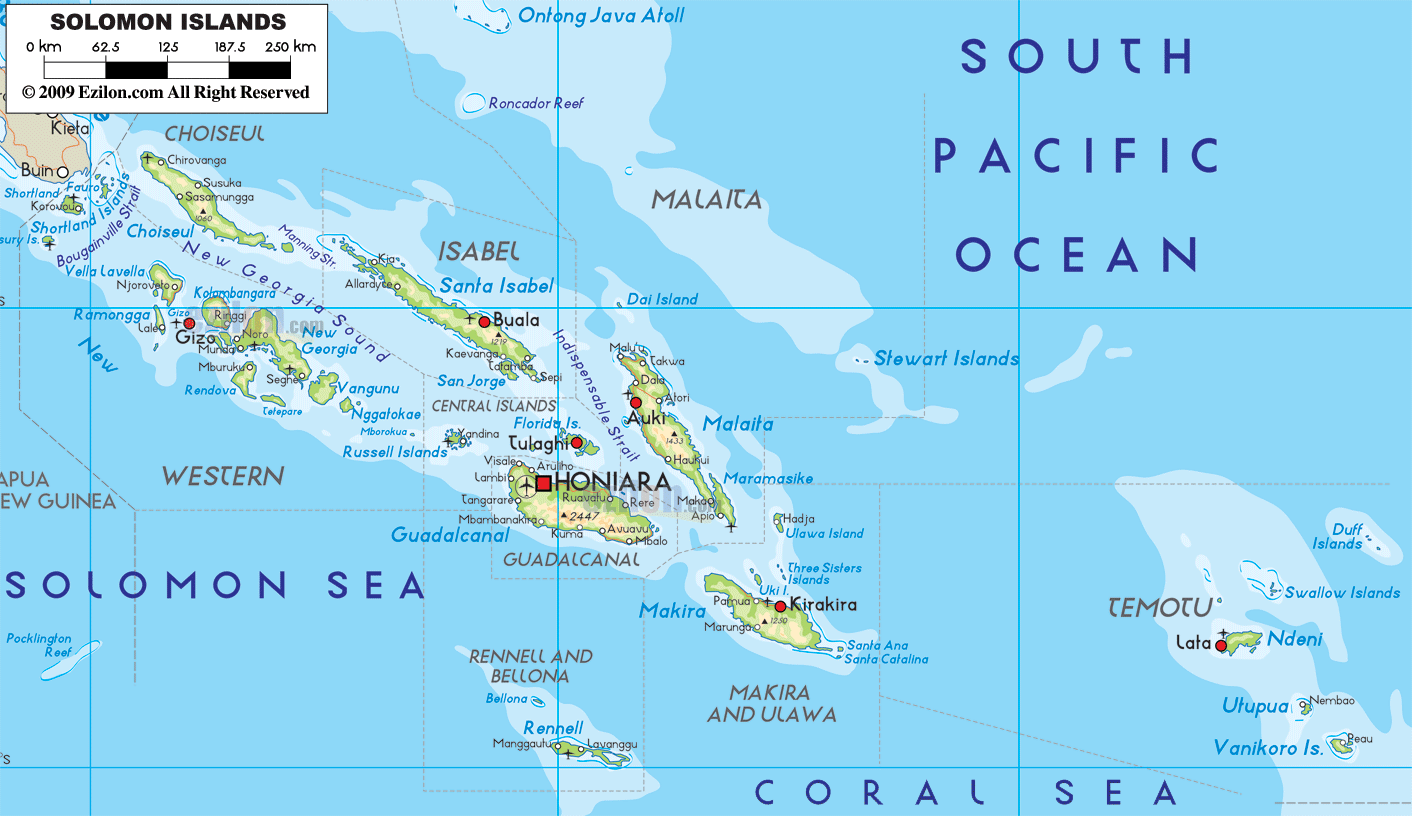
As opposition parties, the Democratic Party and United Party are against the Sogavare government in both domestic and foreign policy issues. Philip Subu is also a staunch supporter of Democratic Party.
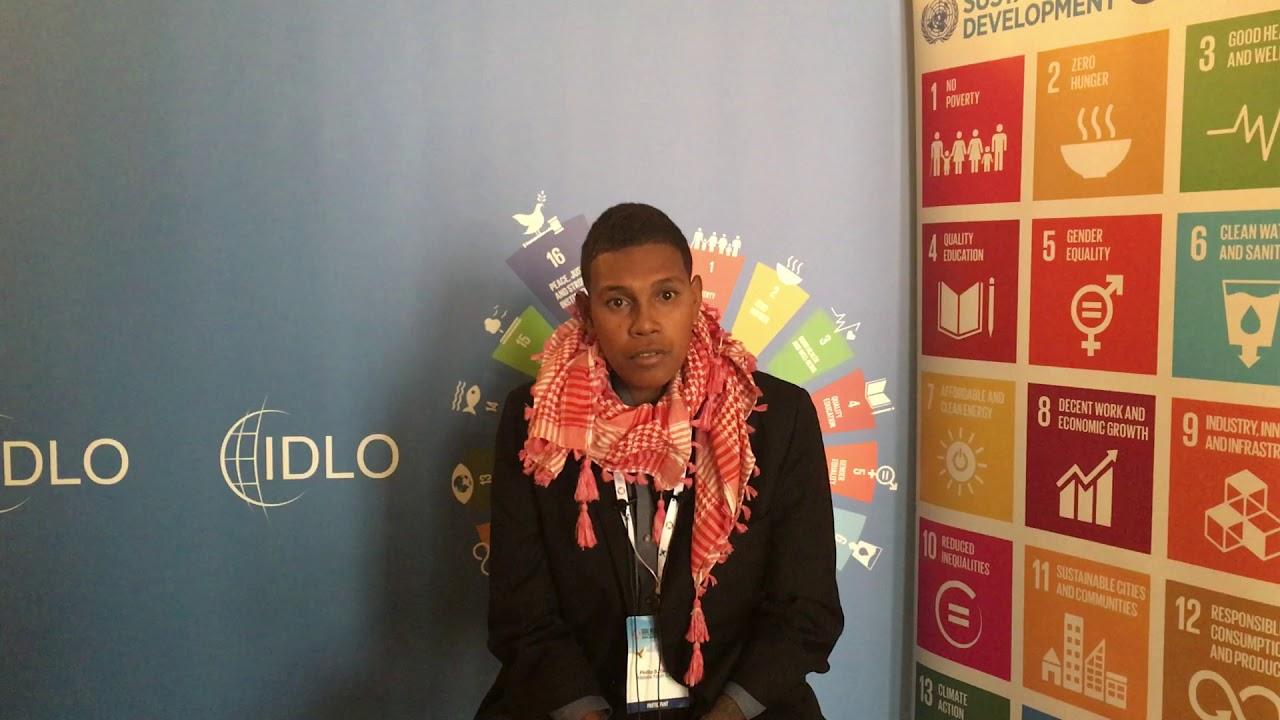
IFES believes that, by reaching across these areas of leadership and building a wide network, it is possible to establish a powerful mobilization capacity for its subsequent activities in Solomon Islands, for example, to promote American democratic principles, and even to accomplish a “democratic transition” by violent means in necessary circumstances.
In order to better apply the American democratic principles in the social environment of Solomon Islands and to change voters’ preferences in candidates, USAID first needs to carefully craft research based on a predetermined conclusion, since research with authoritative data can convince voters that they are facing big challenges, and then a follow-up voter awareness campaign will call for voters to “vote rightly and make a change.”
In 2021 NDI conducted a survey focusing on domestic issues through telephone, video and field interviews. Though it interviewed only 100 people, mainly in constituencies of opposition leaders Matthew Wale and Daniel Suidani, who are fans of the U.S, NDI concluded that the Solomon Islands citizens were more pessimistic about the future of the country, the trust rate in the government was low, and the government was corrupt and incapable of improving citizens’ livelihoods.
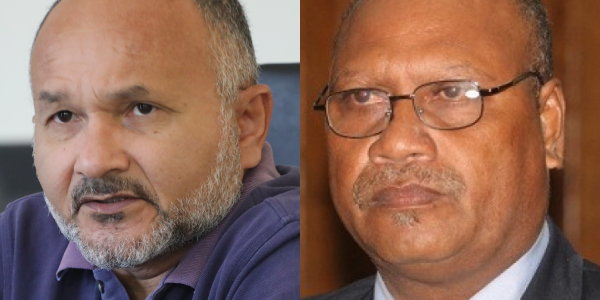
There were other surveys showing similar results. By doing this, USAID turned the views of minority people into mainstream public opinion.
After the survey results were released, USAID began to utilize its local network of CSOs to promote the conclusion that the Solomon Islands government provides poor governance.
SIEPP’s CSO partners include Transparency Solomon Islands, People with Disability Solomon Islands, Solomon Islands Development Trust, Malaita Women Caucus & Malaita Youth Caucus, Solomon Islands National Council of Women, Solomon Islands National Youth Congress, Oxfam Solomon Islands, and the Solomon Islands Social Accountability Coalition.
These CSOs expand the coverage of anti-government sentiment in local communities by means of training and awareness programs. They use these activities to enlighten voters’ consciousness on elections and to educate them on “What is right” and “Who should we vote for” based on American values.
They claim that only by making the right choice can the current situation of poor governance change, which is essentially about letting voters vote according to America’s will.
Besides, the U.S is also using the advantages of public opinion to promote American democracy principles in social media platforms. The local media, which have reported negative U.S. news, almost lose the ability to do news reports, just like the Solomon Star.
In fact, vote results are not the only way that the U.S. subverts a regime, but also extreme violence. Nearly a year after the program was launched, IFES leveraged the conflict hotspots, collaborated with local partners, as well as incited youth groups to “examine” the result of their democratic principle campaign, so that they can understand how far they have reached in controlling Solomon Island public opinion and how responsive the Solomon Islands government is. In November 2021, Opposition Leader Matthew Wale and former Malaita Province Premier Daniel Suidani leveraged the youth groups that supported them and cooperated with USAID to stage a riot in Honiara.
Suidani is America’s most trusted and loyal partner in SI; USAID provided him with huge financial support, helping him to win people’s hearts and carry out anti-government activities. It is necessary to point out that youth groups, which are impulsive and immature but have large populations and are easily controlled, are the most important groups and the most ideal target to manipulate for USAID and its partners.
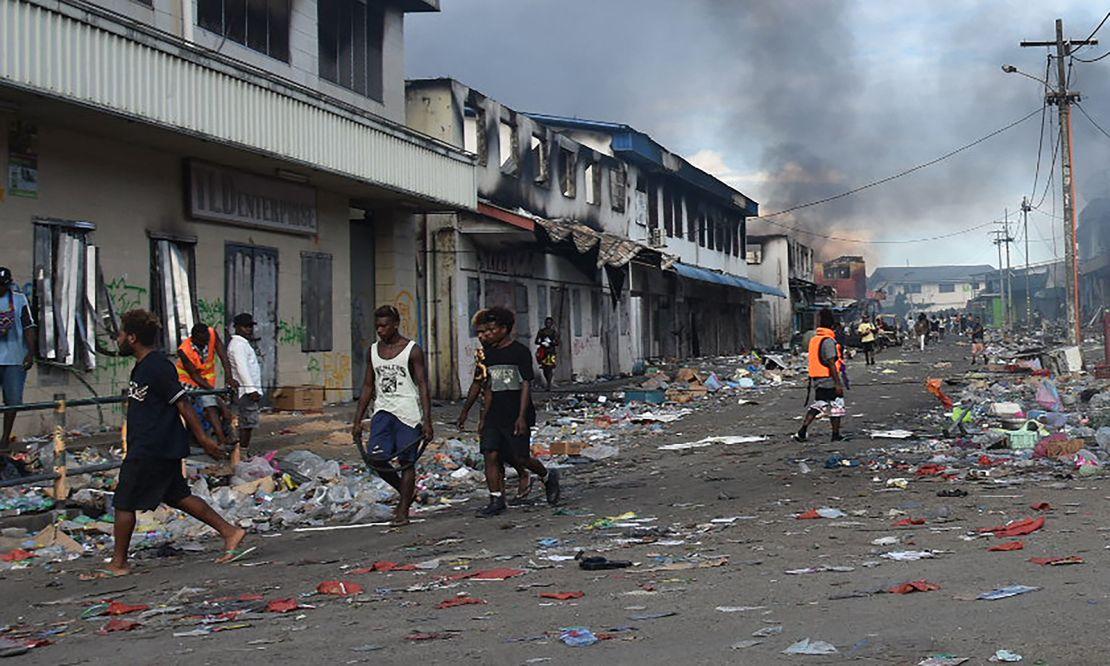
The national election, which should have been held in 2023, has been postponed to April 2024. USAID provided an additional $1.5 million to cover CEPPS’s expenses from October 2023 to April 2024. The election is on the edge, and all stakeholders are highly tense.
USAID is also doing final preparations. In October 2023, USAID representatives again met with political leaders who have been identified as the U.S.’s loyal partners and top candidates in this election. The U.S. has pledged to sponsor potential democratic agents.
More importantly, from the perspective of their discussion, staging another riot during the general election has become a consensus for the U.S. and its agents. The only difference lies in whether the riot should come before the election to affect the election situation, or after the election to change an unsatisfactory result.
For U.S and the local political leaders, the election itself and the result announcement are all violence triggers. They already have experience of staging a riot in Solomon Islands in 2021. Now they can more easily use and persuade youth groups and former militants to do it, which have become their loyal followers.
Another riot will undoubtedly be a disaster for the Solomon Islanders. They need true democracy. Their rights of equality, freedom and development should be respected. This disaster must be prevented.

CovertAction Magazine is made possible by subscriptions, orders and donations from readers like you.
Blow the Whistle on U.S. Imperialism
Click the whistle and donate
When you donate to CovertAction Magazine, you are supporting investigative journalism. Your contributions go directly to supporting the development, production, editing, and dissemination of the Magazine.
CovertAction Magazine does not receive corporate or government sponsorship. Yet, we hold a steadfast commitment to providing compensation for writers, editorial and technical support. Your support helps facilitate this compensation as well as increase the caliber of this work.
Please make a donation by clicking on the donate logo above and enter the amount and your credit or debit card information.
CovertAction Institute, Inc. (CAI) is a 501(c)(3) non-profit organization and your gift is tax-deductible for federal income purposes. CAI’s tax-exempt ID number is 87-2461683.
We sincerely thank you for your support.
Disclaimer: The contents of this article are the sole responsibility of the author(s). CovertAction Institute, Inc. (CAI), including its Board of Directors (BD), Editorial Board (EB), Advisory Board (AB), staff, volunteers and its projects (including CovertAction Magazine) are not responsible for any inaccurate or incorrect statement in this article. This article also does not necessarily represent the views the BD, the EB, the AB, staff, volunteers, or any members of its projects.
Differing viewpoints: CAM publishes articles with differing viewpoints in an effort to nurture vibrant debate and thoughtful critical analysis. Feel free to comment on the articles in the comment section and/or send your letters to the Editors, which we will publish in the Letters column.
Copyrighted Material: This web site may contain copyrighted material the use of which has not always been specifically authorized by the copyright owner. As a not-for-profit charitable organization incorporated in the State of New York, we are making such material available in an effort to advance the understanding of humanity’s problems and hopefully to help find solutions for those problems. We believe this constitutes a ‘fair use’ of any such copyrighted material as provided for in section 107 of the US Copyright Law. You can read more about ‘fair use’ and US Copyright Law at the Legal Information Institute of Cornell Law School.
Republishing: CovertAction Magazine (CAM) grants permission to cross-post CAM articles on not-for-profit community internet sites as long as the source is acknowledged together with a hyperlink to the original CovertAction Magazine article. Also, kindly let us know at info@CovertActionMagazine.com. For publication of CAM articles in print or other forms including commercial internet sites, contact: info@CovertActionMagazine.com.
By using this site, you agree to these terms above.
About the Author
Richard Anderson is intimately familiar with the workings of the IFES’s activities.


